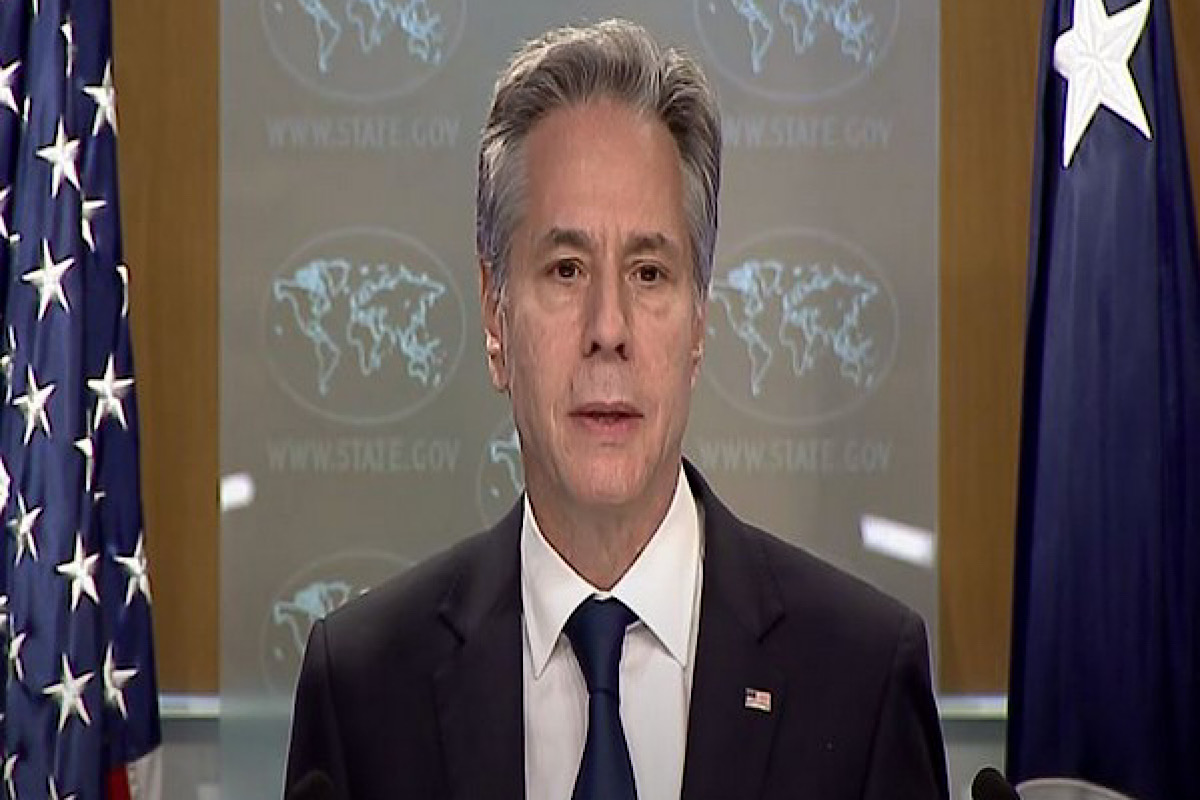Balmiki Pratibha takes the final bow with its 100th act
On Sunday, 17 November, Rabindra Sadan witnessed the 100th and final staging of Balmiki Pratibha, Rabindranath Tagore’s timeless tale of redemption.

On Sunday, 17 November, Rabindra Sadan witnessed the 100th and final staging of Balmiki Pratibha, Rabindranath Tagore’s timeless tale of redemption.

Former Asansol Municipal Corporation (AMC) mayor and now BJP leader, Jitendra Tiwari has said that if the host Kapil Sharma does not issue an unconditional apology for showing disrespect to Kavi Guru Rabindranath Tagore then he will move court.

In an address at the State Department's Diwali reception, US Secretary of State Antony Blinken emphasised the significance of the festival and reflected on the tradition's decade-long history at the State Department, which began under Secretary John Kerry.

The tale Nashtanirh or The Broken Nest by Rabindranath Tagore, vividly portrays the life of a lonesome, empathetic and discontented woman of the nineteenth century, confined within the opulent yet isolating grandeur of a sprawling mansion.

On the occasion of Rabindranath Tagore’s 83rd death anniversary on 7 August this year, the Rabindra Galleries of the Academy of Fine Arts were reopened after an interlude of nine and a half years.
Tagore not only denounced class and caste divisions, but he skeptically scrutinized the construction of the nation on narrow parochial lines. 'I am not against one nation in particular, but against the general idea of all nations. What is the Nation?' Tagore asks in his famous essay on Nationalism in India.
So far, Kolkata has produced six Nobel laureates including Banerjee.
Rabindranath was at last able to do away with all his preconceived ideas and reservations about Sri Ramakrishna. Great souls, like Ramakrishna Paramahamsa, have a comprehensive vision of Truth, they have the power to grasp the significance of each different form of the Reality that is one in all.... he remarked. Earlier, Rabindranath's impression about Sri Ramakrishna was often skewed. Subsequently, the poet was decidedly reverential.
Tagore‘s entire life had been a determined bid to follow his own conscience and creative ideas. Though it was not a misanthropist‘s journey, it was the journey of the social reformer and cultural commentator. Tagore ardently believed and hoped he could rouse consciousness through awareness campaigns about societal evils, exploitative politics and religious conservatism. He urged the people to step out of the narrow ambits of nationalism and internalize a cosmopolitan outlook, that could bridge the national and international with felicity.
In an interview to Dipankar Chakraborty, Bulbul recalled the role of the Indian Army in Bangladesh’s war for freedom.